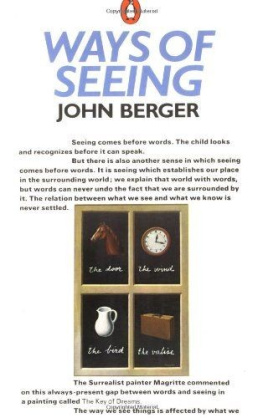John Banville
The Blue Guitar
Things as they are
Are changed upon the blue guitar
WALLACE STEVENS
CALL ME AUTOLYCUS. Well, no, dont. Although I am, like that unfunny clown, a picker-up of unconsidered trifles. Which is a fancy way of saying I steal things. Always did, as far back as I can remember. I may fairly claim to have been a child prodigy in the fine art of thieving. This is my shameful secret, one of my shameful secrets, of which, however, I am not as ashamed as I should be. I do not steal for profit. The objects, the artefacts, that I purloin there is a nice word, prim and pursed are of scant value for the most part. Oftentimes their owners dont even miss them. This upsets me, puts me in a dither. I wont say I want to be caught, but I do want the loss to be registered; its important that it should be. Important to me, I mean, and to the weight and legitimacy of the how shall I say? The exploit. The endeavour. The deed. I ask you, whats the point of stealing something if no one knows its stolen save the stealer?
I used to paint. That was my other passion, my other proclivity. I used to be a painter.
Ha! The word I wrote down at first, instead of painter, was painster. Slip of the pen, slip of the mind. Apt, though. Once I was a painter, now Im a painster. Ha.
I should stop, before its too late. But it is too late.
Orme. Thats my name. A few of you, art lovers, art haters, may remember it, from bygone times. Oliver Orme. Oliver Otway Orme, in fact. O O O. An absurdity. You could hang me over the door of a pawnshop. Otway, by the by, after an undistinguished street where my parents lived when they were young and first together and where, presumably, they initiated me. Orme is a plausible name for a painter, isnt it? A painterly name. It looked well, down at the right-hand corner of a canvas, modestly minuscule but unmissable, the O an owlish eye, the r rather art-nouveauish and more like a Greek , the m a pair of shoulders shaking in rich mirth, the e like oh, I dont know what. Or yes, I do: like the handle of a chamber pot. So there you have me. Orme the master painster, who paints no more.
What I want to say is
Storm today, the elements in a great rage. Furious gusts of wind booming against the house, shivering its ancient timbers. Why does this kind of weather always make me think of childhood, why does it make me feel Im back there in those olden days, crop-haired, in short trousers, with one sock sagging? Childhood is supposed to be a radiant springtime but mine seems to have been always autumn, the gales seething in the big beeches behind this old gate-lodge, as theyre doing right now, and the rooks above them wheeling haphazard, like scraps of char from a bonfire, and a custard-coloured gleam having its last go low down in the western sky. Besides, Im tired of the past, of the wish to be there and not here. When I was there I writhed fretfully enough in my fetters. Im pushing fifty and feel a hundred, big with years.
What I want to say is this, that I have decided, I have determined, to weather the storm. The interior one. Im not in good shape, thats a fact. I feel like an alarm clock that an angry sleeper, an angry waker, has given such a shake to that all the springs and sprockets inside it have come loose. Im all ajangle. I should take myself to Marcus Pettit for repair. Ha ha.
They will be missing me by now, over there on the far side of the estuary. They will wonder where Ive got to I wonder the same thing myself and wont imagine Im so near. Polly will be in an awful state, with no one to talk to and confide in, and no one at all to look to for comfort except Marcus, whose comfort she is hardly likely to call on, much, given the state of things. I miss her already. Why did I go? Because I couldnt stay. I picture her in her cramped parlour above Marcuss workshop, huddled in front of the fire in the murky light of this late-September afternoon, her knees shiny from the flames and her shins mottled in diamond shapes. She will be nibbling worriedly at a corner of her mouth with those little sharp teeth of hers that always remind me of the flecks of glistening fat in a Christmas pudding. She is, was, my own dear pudding. I ask again: Why did I leave? Such questions. I know why I left, I know very well why, and should stop pretending that I dont.
Marcus will be in his workshop, at his bench. I see him, too, in his sleeveless leather jerkin, intent and hardly breathing, the jewellers glass screwed into his eye socket, plying his tiny instruments that are in my minds eye a steel scalpel and forceps, dissecting a Patek Philippe. Although he is younger than I am it seems to me everyone is younger than I am his hair is thinning and turning grey already and, see, hangs now in feathery wisps on either side of his leaning narrow saintly face, stirred by each breath he breathes, stirred a little, a little. He used to have something of the look of the Drer of that androgynous self-portrait, the three-quarters profile one with tawny ringlets and rosebud mouth and disconcertingly come-hither eye; latterly, though, he might be one of Grnewalds suffering Christs. Work, Olly, he said to me dolefully, work is all I have to distract me from my anguish. That was the word he used: anguish. I thought it queer, even in such dire circumstances, more a flourish than a word. But pain compels eloquence look at me; listen to me.
The child is there too, somewhere, Little Pip, as they call her never just Pip, always Little Pip. Its true shes quite small, but what if she grows up an amazon? Little Pip the Gentle Giantess. I shouldnt laugh, I know; its jealousy jogging my funny bone, jealousy and sad regret. Gloria and I had a little one of our own, briefly.
Gloria! She had slipped my mind until this moment. She too will be wondering where on earth I am. Where, on earth.
Damn it, why does everything have to be so difficult.
I am going to think about the night I finally fell in love with Polly, finally for the first time, that is. Anything for diversion, even though thoughts of love are what I should be diverting myself from, seeing how hot the soup is that love has got me into. It happened at the annual dinner of the Guild of Clockmakers, Locksmiths and Goldsmiths. We were there as Marcuss guests, Gloria and I Gloria under protest, I may add, she being as susceptible as I am to boredom and general fed-upness and were sat with him and Polly at their table, along with some others whom we neednt take any notice of. Beefsteak and roast pork on the menu, and spuds, of course, boiled, mashed, baked or chipped, not forgetting your perennial bacon-and-cabbage. Perhaps it was the flabby stink of seared flesh that was making me feel peculiar; that, and the smoke from the candles on the tables and the borborygmic blarings of the three-piece band. There was a ceaseless clamour of voices behind me in the big hall, a rolling heavy swell out of which there would spurt now and then, like a fish leaping, a shriek of some womans tipsy laughter. I had been drinking but I dont believe I was drunk. All the same, as I talked to Polly, and looked at her indeed, gloated on her I had the sense of dawning illumination, of sudden epiphany, that so often comes at a certain stage on the way to drunkenness. She seemed not newly beautiful, exactly, but to radiate something I hadnt noticed before, something that was hers, uniquely: the abundance of her, the very being of her being. This is fanciful, I know, and probably what I thought I was seeing was merely an effect brought on by the fumes of bad wine, but Im trying to fix the essence of the moment, to isolate the spark that would ignite such a conflagration of ecstasy and pain, of mischief, damage and, yes, Marcusian anguish.
And anyway, whos to say that what we see when were drunk is not reality, and the sober world a bleared phantasmagoria?

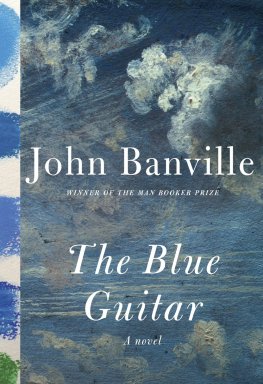
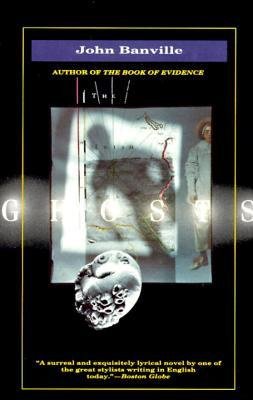
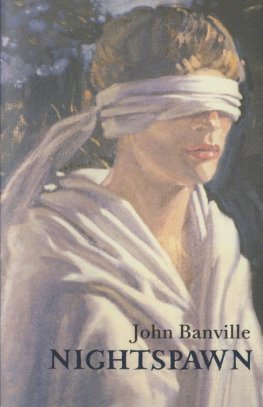
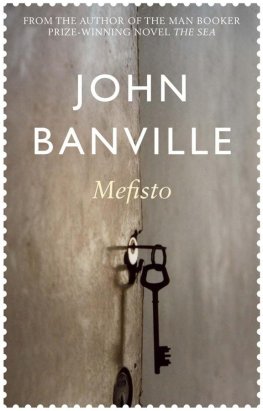
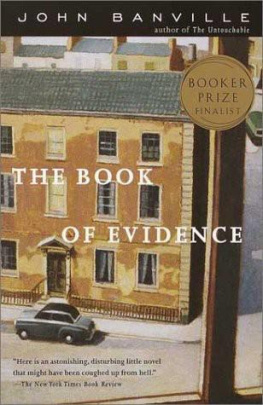
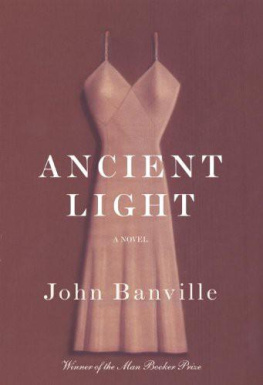
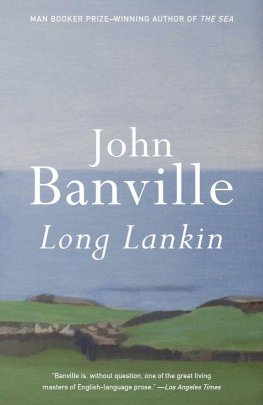

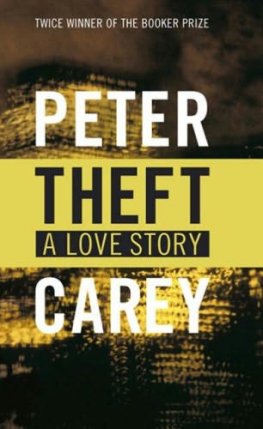

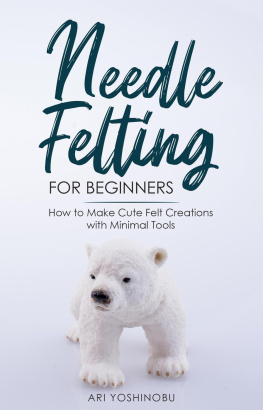
![Michael Grant [Michael Grant] - An Artful Assassin in Amsterdam](/uploads/posts/book/141388/thumbs/michael-grant-michael-grant-an-artful-assassin.jpg)

